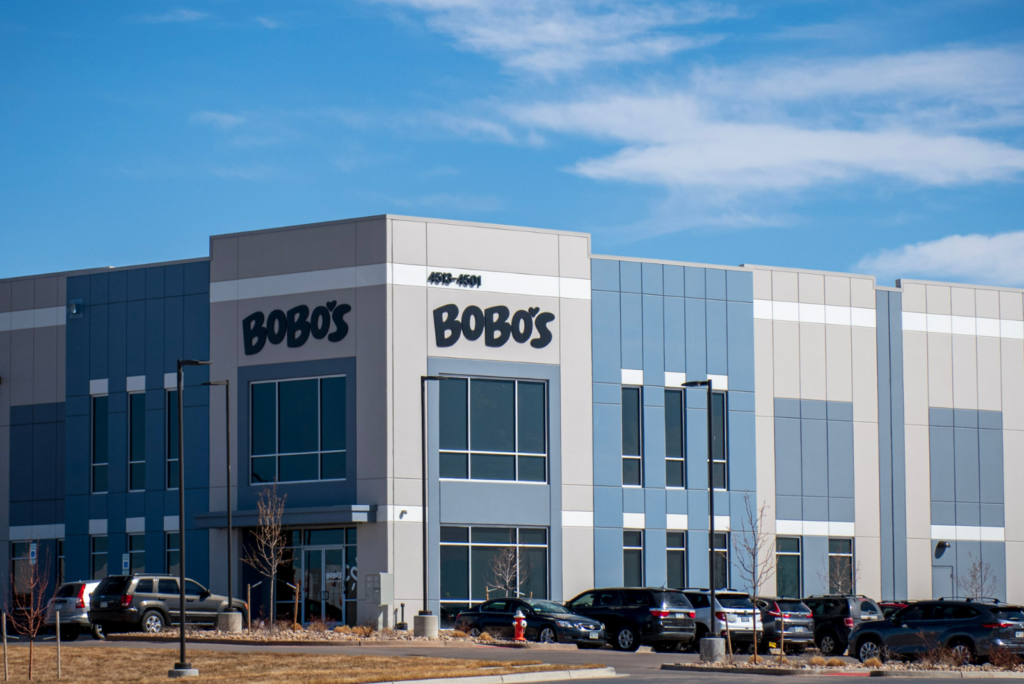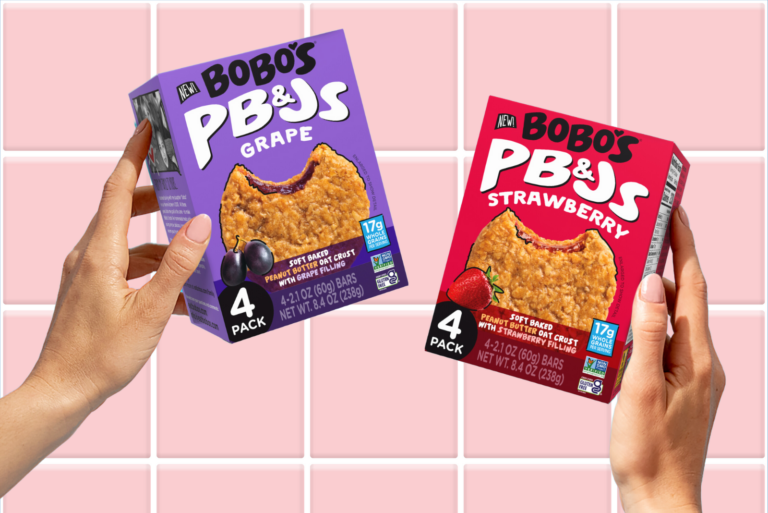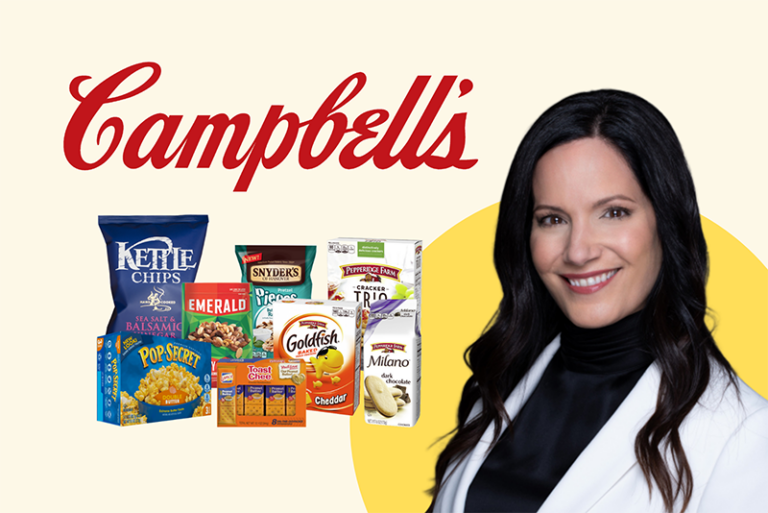LOVELAND, CO — Despite the innovative food brands that have emerged from the Boulder area, the lack of industrial space eventually pushed many of them toward co-manufacturing outside the city walls. However, Beryl Stafford, founder and president of Loveland, CO-based Bobo’s, chose the self-manufacture route, and Bobo’s has maintained control over the process and growth.
“The business was launched in Beryl’s kitchen, and she chose to ‘DIY’ it the entire time,” said T.J. McIntyre, Bobo’s CEO. “That’s become a great legacy that, 20 years later, is woven pretty thoroughly into who we are and how we do things.”
For McIntyre, who joined the company in 2016, Bobo’s manufacturing strategy has been a key factor in its growth.










